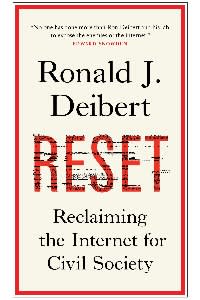 The proliferating use of spyware against political and civil society targets in advanced democracies is concerning enough, says Ronald J. Deibert, Professor of Political Science and Director of the Citizen Lab at the University of Toronto’s Munk School of Global Affairs and Public Policy.
The proliferating use of spyware against political and civil society targets in advanced democracies is concerning enough, says Ronald J. Deibert, Professor of Political Science and Director of the Citizen Lab at the University of Toronto’s Munk School of Global Affairs and Public Policy.
Even more threatening, however, may be the ways in which the technology has allowed authoritarian regimes to extend their repression far beyond their own borders, he writes for Foreign Affairs. In past decades, autocrats faced significant barriers to repressing citizens who had gone into exile. With spyware, however, an operator can get inside a political exile’s entire network without setting foot inside the target’s adopted country, and with very few of the risks and costs associated with conventional international espionage, adds Deibert, a former Lipset lecturer and Journal of Democracy contributor:
Should the use of mercenary spyware continue to grow unchecked, the risks for democracy will become acute. If elites in any country can use this technology to neutralize legitimate political opposition on any point on earth, silence dissent through targeted espionage, undermine independent journalism, and erode public accountability with impunity, then the values on which the liberal international order is built may soon be no more secure than the passwords on our phones. RTWT







